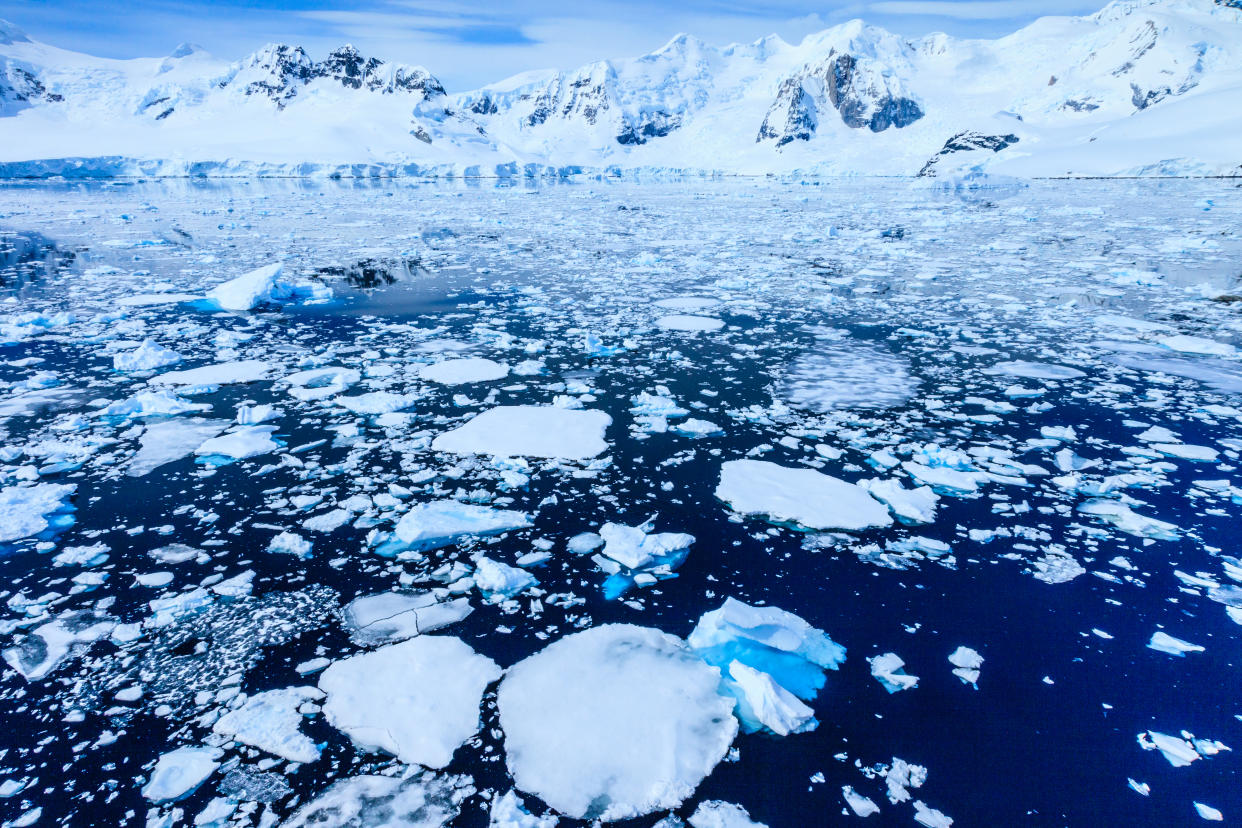Climate change 'could cause massive economic disruption around the world'

Climate change will cause massive economic disruption around the world as rising seas swamp coastal areas and devastate agriculture, a report has warned.
Researchers led by the International Institute for Applied Systems Analysis (IIASA) assessed the impact of climate change on the world economy, based on different scenarios.
Some countries could face GDP (gross domestic product) loss of up to 12%, scientists warned, with China likely to be among the worst affected.
Disruption to the global economy could be up to 4%, the scientists said - depending on whether countries manage to stick to the Paris Agreement, which aims to limit global warming to below 2°C compared to pre-industrial levels.
READ MORE
Stars ‘need a partner’ to set off universe’s brightest explosions
Meet the adorable cat with two different faces
World’s southernmost reef hit by coral bleaching
Binary Earth-sized planets possible around distant stars
Thomas Schinko, IIASA risk and resilience deputy program director, said, “We found that up to 2050 the global GDP losses in both climate futures are significant and similar given the effects of climate change that we are already experiencing.
“However, by 2100, without further mitigation and adaptation and assuming continued sea level rise, projected annual global economy-wide losses can amount to more than 4%.
“With ambitious mitigation and adaptation, the model results show that this number can be reduced to below 0.5% of global GDP loss, despite the associated costs for adaptation measures and residual impacts. This confirms the importance and economic efficiency of adaptation in the long-term: making sure that coastal communities and their infrastructure are climate-resilient will affect economies across the globe much less than persistent climate impacts in the absence of climate action."
China remains the country with the highest projected relative GDP loss if no further adaptation is undertaken, which is now a factor of 10 higher than it was in 2050.
According to the economic modelling undertaken, annual losses would amount to 9-10% in a well below 2°C scenario, and to 11-12% under a current mitigation policy scenario.
Other regions with severe economy-wide damages by 2100 under no adaptation are Europe and Japan.
This week, a former chief scientific adviser to the British government backed the Extinction Rebellion climate change protests as he offered to testify in defence of a group facing trial for gluing themselves to a London airport concourse.
David King, who served as chief scientist under prime ministers Tony Blair and Gordon Brown, said Extinction Rebellion – like Swedish climate activist Greta Thunberg – was playing a vital role in raising visibility around the climate crisis.
"Climate change represents the greatest threat that humanity, as a whole, has ever had to manage," King said in a prepared witness statement.
Britain saw a surge in climate activism last year with the civil disobedience group occupying sites in central London, blocking roads and targeting financial institutions and government buildings.
More than 1,100 protesters have been sentenced so far, with most receiving conditional discharges.
King, a professor of climate change, arrived at court saying he was ready to give evidence on their behalf, but the judge threw out the case due to a prosecution administrative error.

 Yahoo News
Yahoo News 

